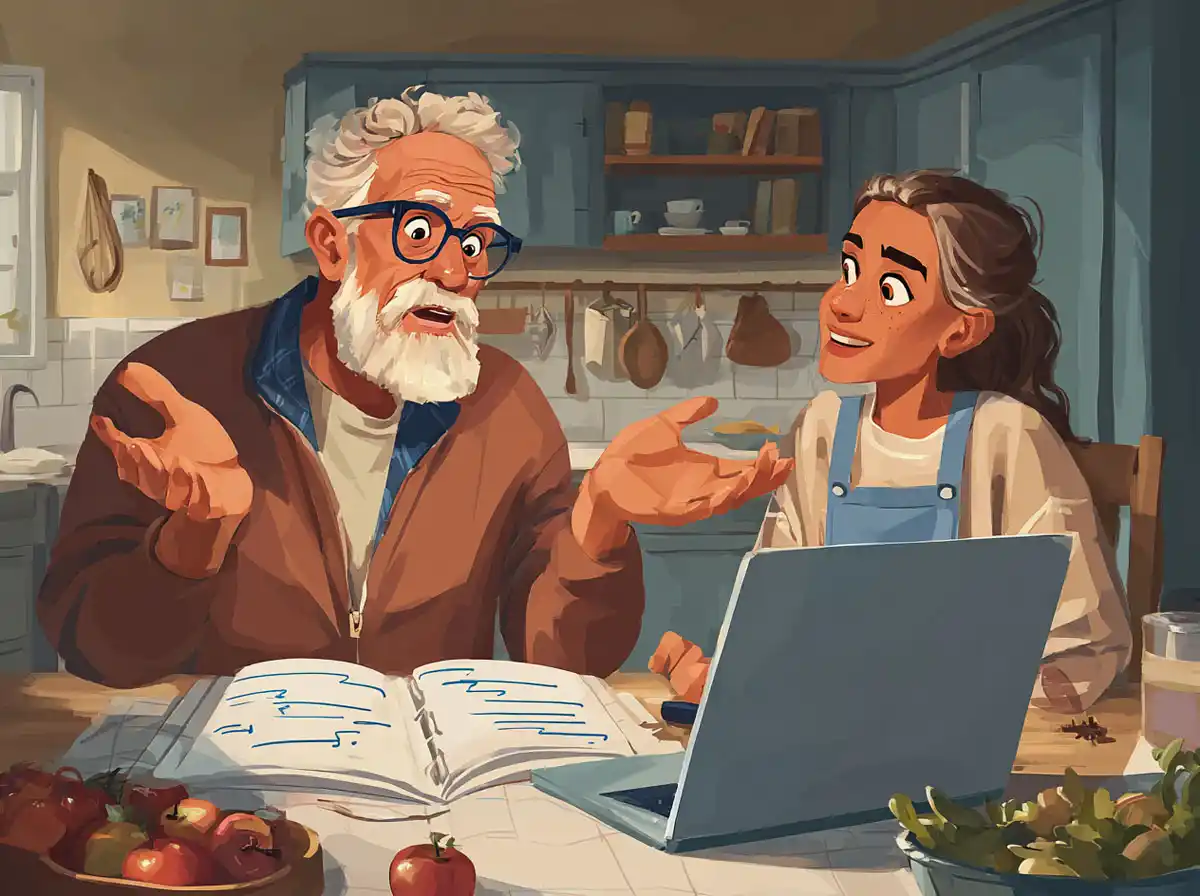Дзякуй (Dziakuj) – Thank you.
This is perhaps one of the most important words in any language. Expressing gratitude is a universal way to show appreciation and is highly regarded in Belarusian culture.
Ты вельмі дапамог мне сёння – дзякуй!
Калі ласка (Kali laska) – Please or You’re welcome.
This phrase serves a dual purpose—it can be used both when asking for something politely and when responding to someone thanking you.
Калі ласка, падай мне соль.
Выбачайце (Vybachaitse) – Excuse me or Sorry.
Used to apologize or to get someone’s attention in a polite way. It conveys respect and the acknowledgment of a minor mistake or inconvenience.
Выбачайце, што я спазніўся.
Добры дзень (Dobry dzień) – Good day.
A universal greeting that can be used during the daytime. It’s a polite way to acknowledge someone and start a conversation.
Прывітанне, добры дзень!
Добры вечар (Dobry vecher) – Good evening.
Similar to “Dobry dzień,” this phrase is used later in the day and is a respectful greeting.
Добры вечар, як ваша справа?
Спакойнай ночы (Spakojnaj nočy) – Good night.
This is what you would say when parting for the evening or before going to bed. It conveys good wishes for a peaceful night’s rest.
Да зустрэчы, спакойнай ночы.
Здароўе! (Zdarouje!) – Cheers! or Bless you! (after a sneeze).
This term is versatile. You can use it to toast during a drink or to offer good health wishes after someone sneezes.
Няхай кожны глыток прыносіць вам здароўе!
Як справы? (Yak spravy?) – How are you?
It’s a casual and friendly way to show interest in someone’s well-being. It’s common to ask this after greeting someone.
Прывітанне! Як справы?
Прабачце (Prabachce) – Forgive me or Pardon me.
This is a more formal way to ask for forgiveness or to excuse oneself, which represents humility and respect for others.
Прабачце, што я пераплытаюся.
Запрашаем (Zaprašajem) – You’re welcome to visit or Invited.
It is often used to warmly welcome guests into your home or to an event.
Запрашаем да нас на вечарынку!
Будзь ласка (Budź laska) – Be so kind or Be a darling.
This phrase is often used when asking for a favor in a sweet and endearing manner.
Будзь ласка, зрабі мне гэту ласку.
Understanding these phrases and using them in the right context are key to demonstrating respect and fostering positive interactions. Practicing them will make you feel more at home in Belarus or any Belarusian-speaking community. Remember, showing good manners is not just about using the correct words; it’s also about your attitude and the way you treat others. Picking up these subtleties in language is a crucial part of language learning that will deepen your comprehension of not just Belarusian but also the rich cultural tapestry of Belarus.










